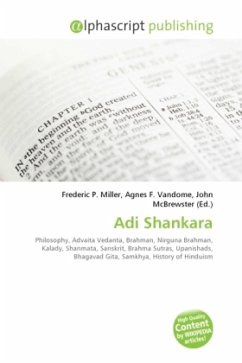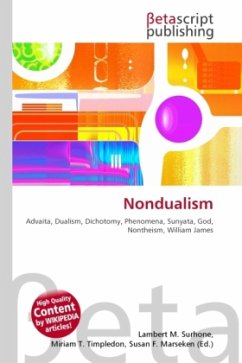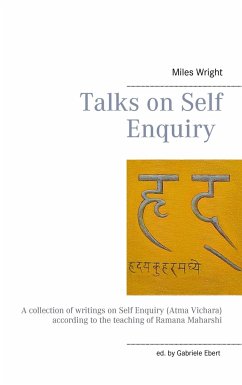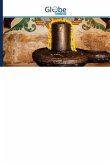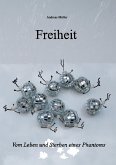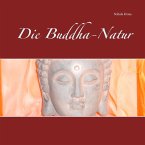Adi Shankara was an Indian philosopher who consolidated the doctrine of Advaita Vedanta, a sub-school of Vedanta. His teachings are based on the unity of the soul and Brahman, in which Brahman is viewed as without attributes. He hailed from Kalady of present day Kerala.Shankara travelled across India and other parts of South Asia to propagate his philosophy through discourses and debates with other thinkers. He founded four mathas, which helped in the historical development, revival and spread of Advaita Vedanta. Adi Shankara is believed to be the organizer of the Dashanami monastic order and the founder of the Shanmata tradition of worship.His works in Sanskrit, all of which are extant today, concern themselves with establishing the doctrine of Advaita. He also established the importance of monastic life as sanctioned in the Upanishads and Brahma Sutra, in a time when the Mimamsa school established strict ritualism and ridiculed monasticism. Shankara relied entirely on the Upanishads for reference concerning Brahman and wrote copious commentaries on the Vedic Canon in support of his thesis. The main opponent in his work is the Mimamsa school of thought, though he also offers some arguments against the views of some other schools like Samkhya and certain schools of Buddhism that he was familiar with.

